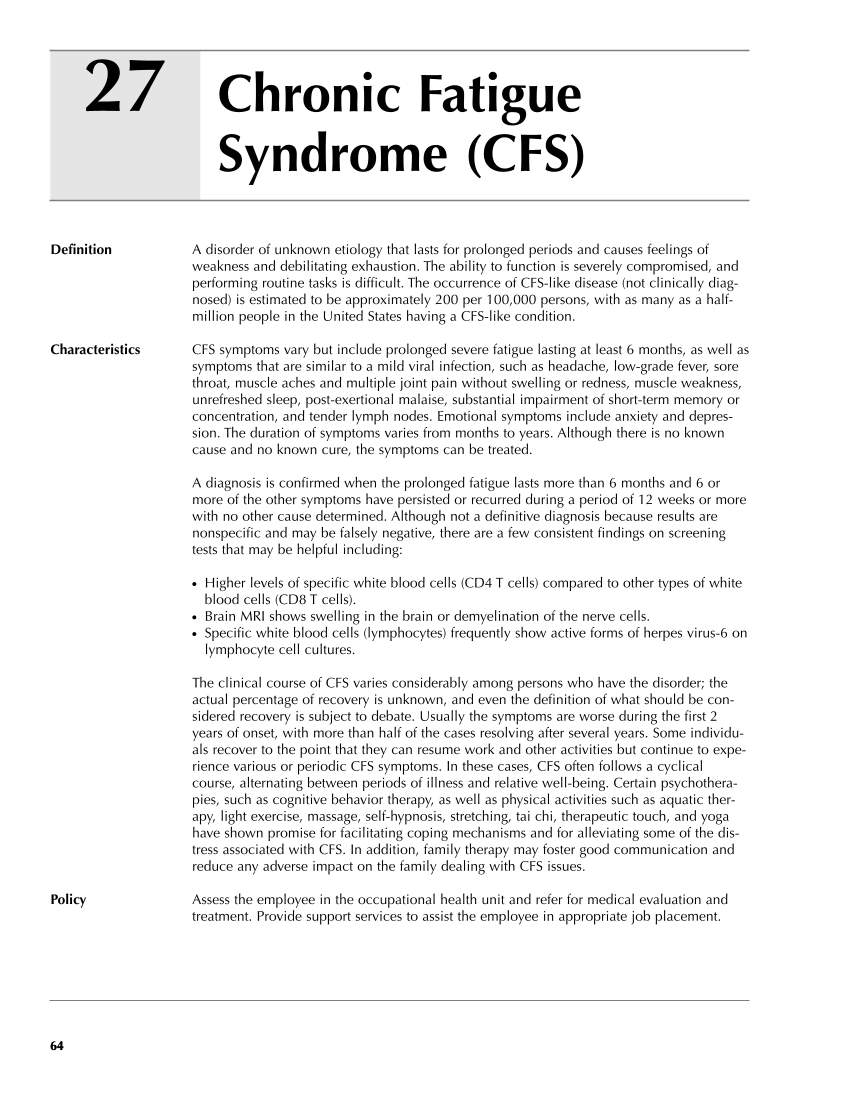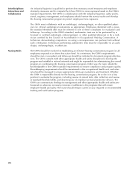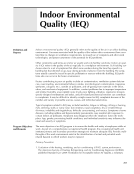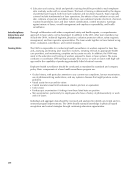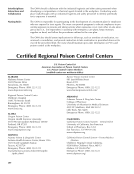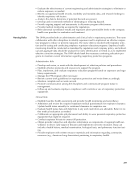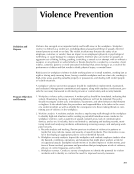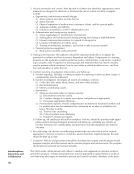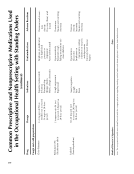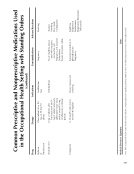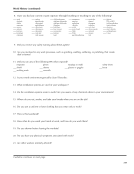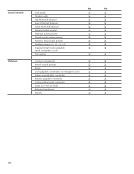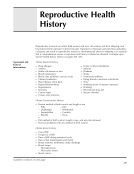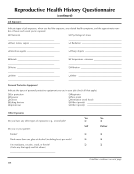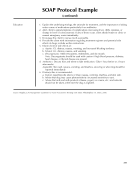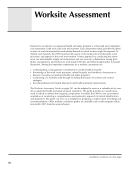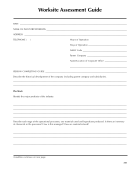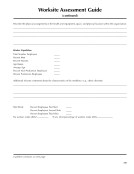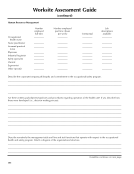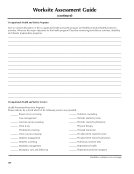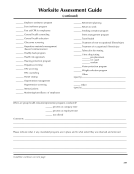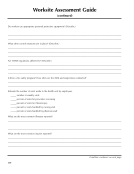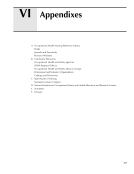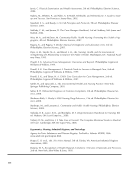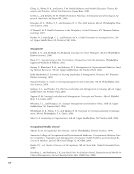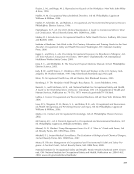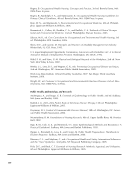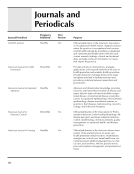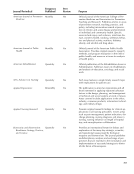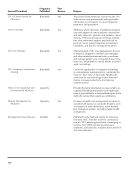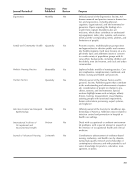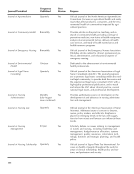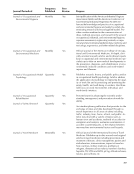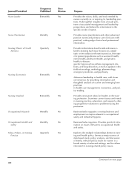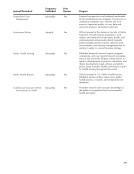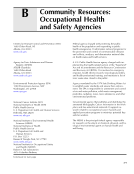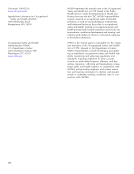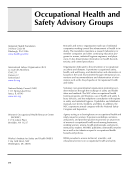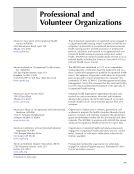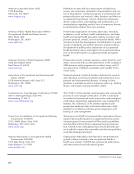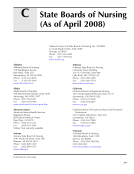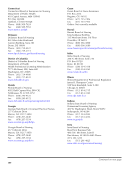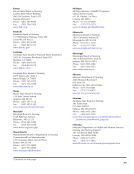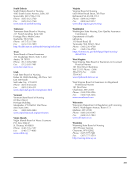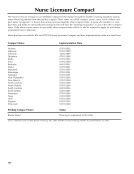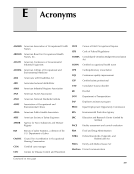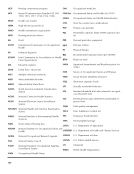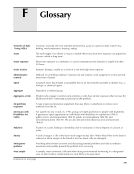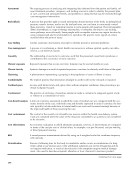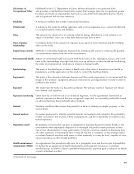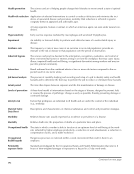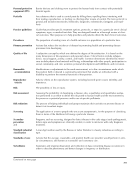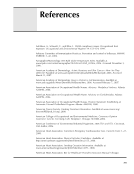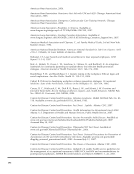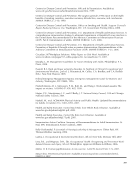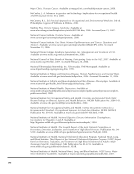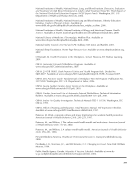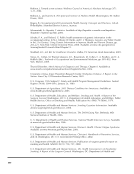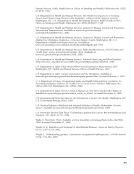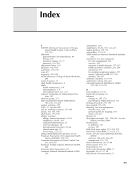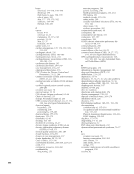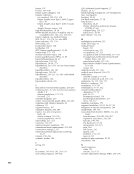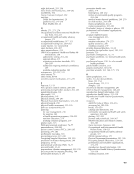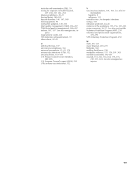27 64 Definition A disorder of unknown etiology that lasts for prolonged periods and causes feelings of weakness and debilitating exhaustion. The ability to function is severely compromised, and performing routine tasks is difficult. The occurrence of CFS-like disease (not clinically diag- nosed) is estimated to be approximately 200 per 100,000 persons, with as many as a half- million people in the United States having a CFS-like condition. Characteristics CFS symptoms vary but include prolonged severe fatigue lasting at least 6 months, as well as symptoms that are similar to a mild viral infection, such as headache, low-grade fever, sore throat, muscle aches and multiple joint pain without swelling or redness, muscle weakness, unrefreshed sleep, post-exertional malaise, substantial impairment of short-term memory or concentration, and tender lymph nodes. Emotional symptoms include anxiety and depres- sion. The duration of symptoms varies from months to years. Although there is no known cause and no known cure, the symptoms can be treated. A diagnosis is confirmed when the prolonged fatigue lasts more than 6 months and 6 or more of the other symptoms have persisted or recurred during a period of 12 weeks or more with no other cause determined. Although not a definitive diagnosis because results are nonspecific and may be falsely negative, there are a few consistent findings on screening tests that may be helpful including: ● Higher levels of specific white blood cells (CD4 T cells) compared to other types of white blood cells (CD8 T cells). ● Brain MRI shows swelling in the brain or demyelination of the nerve cells. ● Specific white blood cells (lymphocytes) frequently show active forms of herpes virus-6 on lymphocyte cell cultures. The clinical course of CFS varies considerably among persons who have the disorder the actual percentage of recovery is unknown, and even the definition of what should be con- sidered recovery is subject to debate. Usually the symptoms are worse during the first 2 years of onset, with more than half of the cases resolving after several years. Some individu- als recover to the point that they can resume work and other activities but continue to expe- rience various or periodic CFS symptoms. In these cases, CFS often follows a cyclical course, alternating between periods of illness and relative well-being. Certain psychothera- pies, such as cognitive behavior therapy, as well as physical activities such as aquatic ther- apy, light exercise, massage, self-hypnosis, stretching, tai chi, therapeutic touch, and yoga have shown promise for facilitating coping mechanisms and for alleviating some of the dis- tress associated with CFS. In addition, family therapy may foster good communication and reduce any adverse impact on the family dealing with CFS issues. Policy Assess the employee in the occupational health unit and refer for medical evaluation and treatment. Provide support services to assist the employee in appropriate job placement. Chronic Fatigue Syndrome (CFS) 64 Guideline continues on next page
Purchased from OEM Press by (ge corporate access). (C) 2013 OEM Health Information, Inc. All rights reserved.
